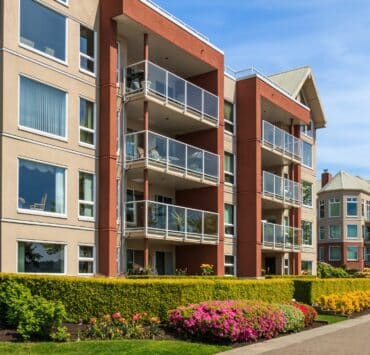The housing costs for Black families in the United States highlight significant disparities in affordability compared to other racial groups. This issue is particularly pronounced when considering the ability to purchase starter homes, which are often the first step toward homeownership and building generational wealth.

The Challenge of Housing Costs for Black Families
The housing market in the U.S. presents a stark picture for Black families. According to a recent analysis by Redfin, starter homes are affordable to a Black family earning the local median income in only 10 major U.S. metros. These metros include Detroit, St. Louis, Baltimore, Indianapolis, Philadelphia, Cleveland, Pittsburgh, Warren, Columbus, and Kansas City. In contrast, white families find starter homes affordable in 32 major metros, highlighting a significant racial disparity in housing affordability.
Metro Areas with Affordable Housing Costs
Detroit stands out as the most affordable major metro area for Black families looking to buy a starter home. A Black family earning the local median income in Detroit would spend only 16% of their earnings on housing costs. Following Detroit, St. Louis (21%), Baltimore (23%), Indianapolis (26%), and Philadelphia (27%) also offer relatively affordable housing costs for Black families.
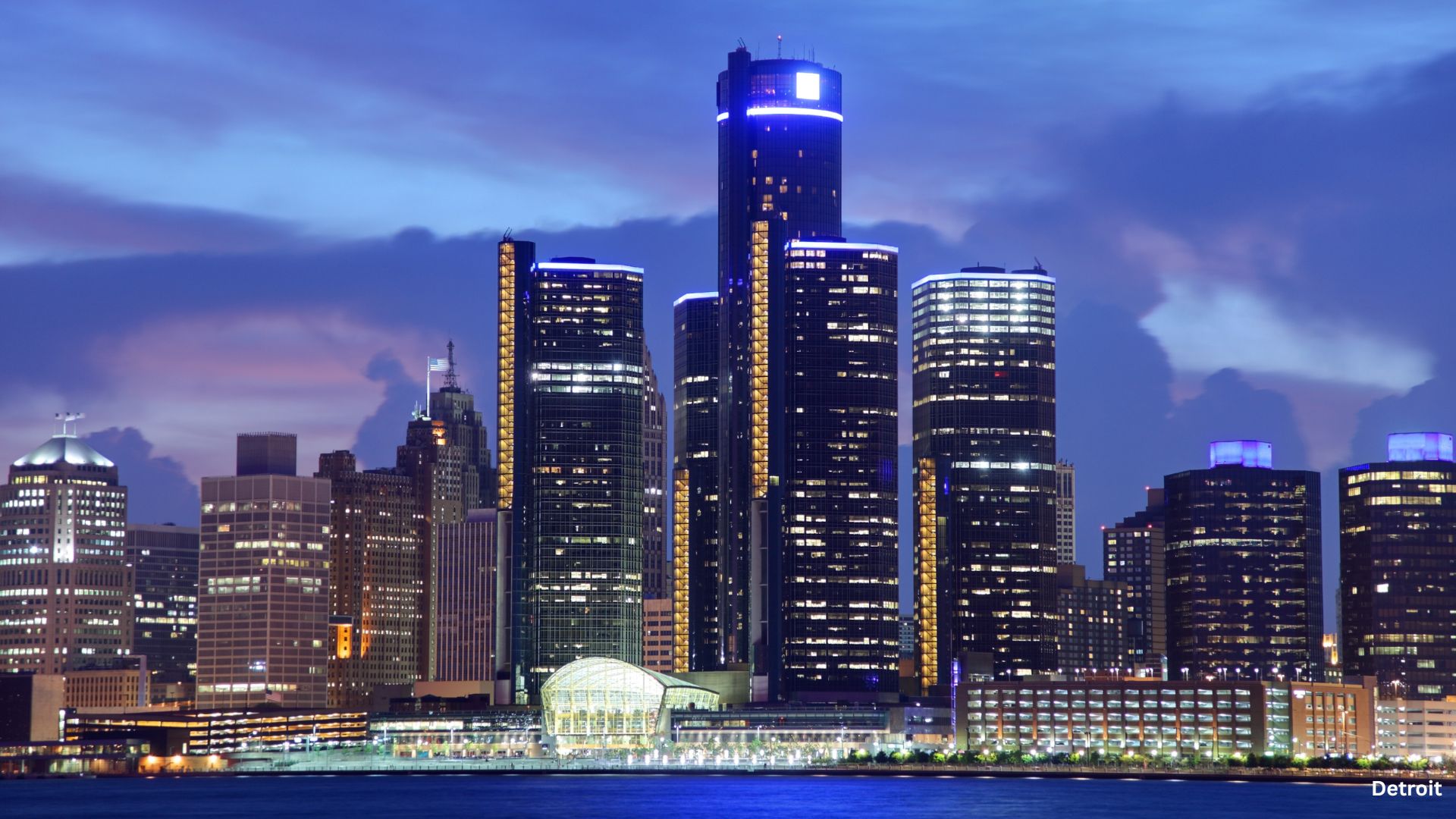
These affordable metro areas share a common characteristic: they are among the least expensive places in the country to buy a home. For instance, in Detroit, the typical starter home costs around $66,000, with a median monthly payment of $579. This contrasts sharply with more expensive markets where Black families face significant challenges.
The Least Affordable Markets
On the other end of the spectrum, San Francisco exemplifies the least affordable market for Black families. Here, a Black family earning the local median income would need to spend 104% of their earnings on housing costs, making it virtually impossible to afford a starter home.
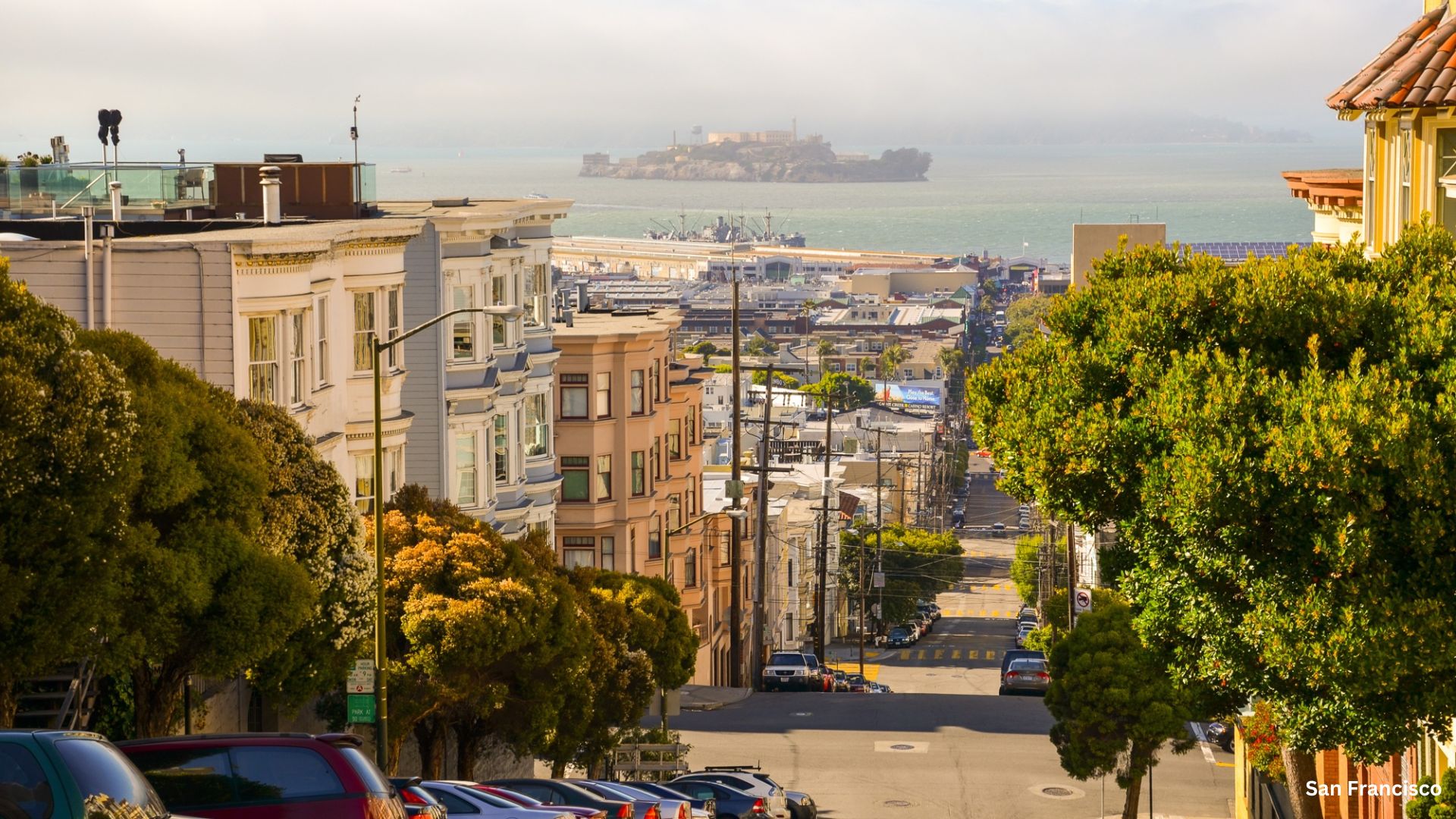
Other California cities like San Jose, Los Angeles, San Diego, and Anaheim also rank among the least affordable markets for Black families, where housing costs exceed a substantial portion of their income.
Nationwide Housing Affordability
Zooming out to the national level, the typical Black family would spend 41% of their earnings on housing costs to afford a starter home. This is considerably higher than the 26% of earnings spent by the typical white family on similar housing. The median U.S. income for Black families is $57,129, which significantly impacts their ability to afford housing compared to the median income of $90,995 for white families.
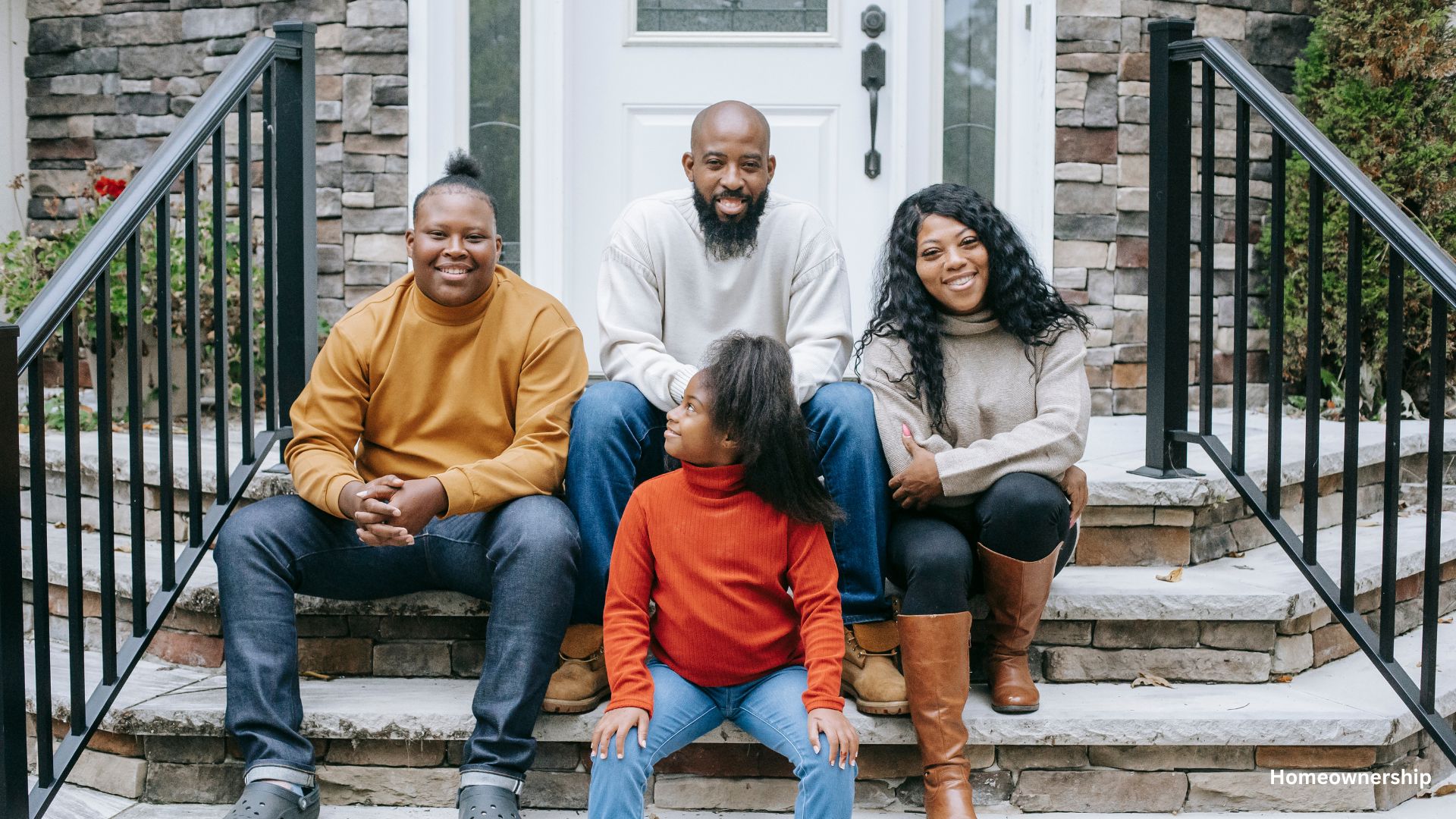
The Impact of Historical Inequities
The racial wealth gap exacerbates these housing affordability challenges. Black families generally have less generational wealth, a situation rooted in systemic racism and discriminatory housing policies such as redlining and racist housing covenants. These historical injustices have created barriers to homeownership, including higher rejection rates for mortgage applications among Black homebuyers.

The housing costs for Black families in the U.S. reveal deep-seated inequalities in the housing market. While some metros offer affordable options, the majority of major cities present significant financial challenges. Addressing these disparities requires targeted policies and initiatives to bridge the racial wealth gap and ensure equitable access to homeownership for Black families.
The data and analysis in this article are based on the report “Starter Homes Are Affordable to the Typical Black Family in Just 10 Major U.S. Metros” by Dana Anderson, published on Redfin. For more detailed information, visit Redfin.
Related posts:
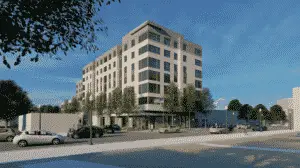 Affordable Rental Provider Repays $710K to Arlington County
Affordable Rental Provider Repays $710K to Arlington County
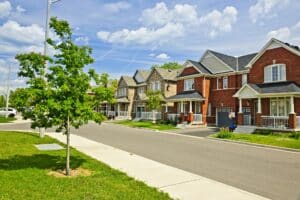 Decline in Home Prices: Anticipating a Shift in 2024
Decline in Home Prices: Anticipating a Shift in 2024
 Maryland Governor Legislative Agenda: Military Families, Housing, and Public Safety in 2024
Maryland Governor Legislative Agenda: Military Families, Housing, and Public Safety in 2024
 Nashville’s Zoning Bills for Middle-Income Housing Spark Contentious Debate
Nashville’s Zoning Bills for Middle-Income Housing Spark Contentious Debate
 Tampa Affordable Housing Initiative Breaks Ground on New 188-Unit Building
Tampa Affordable Housing Initiative Breaks Ground on New 188-Unit Building



